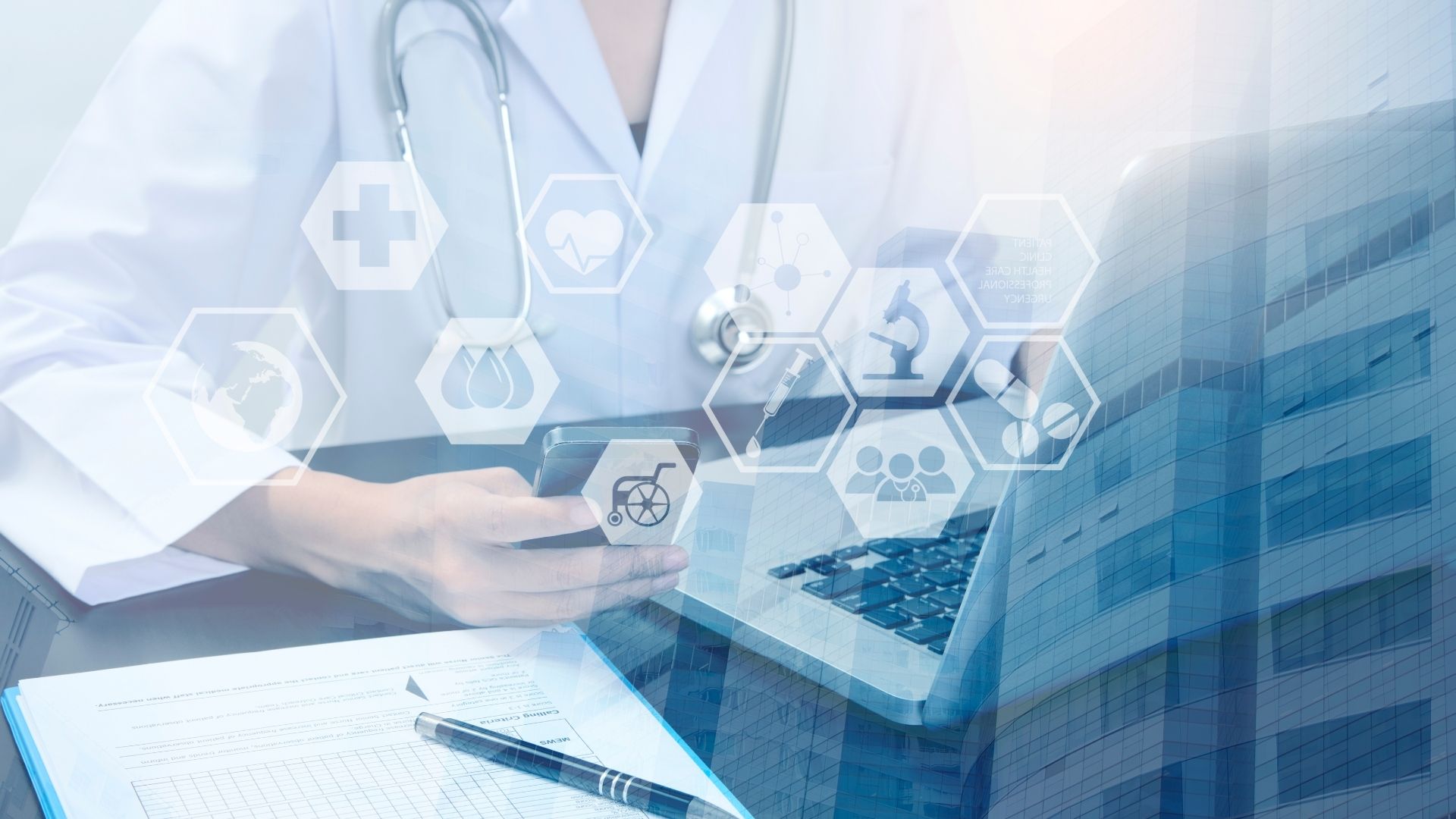Over the past decade, the U.S. healthcare industry has shifted to digital record keeping. As this digital shift occurred, concerns about privacy and where sensitive healthcare data was being stored grew to become top of mind for medical providers and patients alike.
Today, health-related information spans far beyond the walls of a medical facility -- in fact, it’s stored and shared through fitness apps (i.e. Fitbit), mental health programs, and telehealth services, all of which have surged in use since the onset of COVID-19.
As the volume of healthcare data being shared day to day grows exponentially, the limits of the HIPAA framework feels limiting. Given the evolving healthcare landscape, how can clinicians and practitioners maintain HIPAA compliance and make data privacy in healthcare a top priority? Let’s explore.
What is Healthcare Data & Why does it matter?
Healthcare data is both extremely sensitive and valuable. This type of data can range to past health history, such as treatments and medications, to health insurance data, which often contains Social Security numbers, addresses, employer information, and more. According to a recent TrustWave survey, the value of health data was found to be around $250 per record. Additionally, IBM found that a data breach in the healthcare industry costs, on average, $6.45 million and the impact on an individual can be emotionally damaging.
Last year, the healthcare sector saw a whopping 41.4 million patient records breached in 2019, fueled by a 49 percent increase in hacking, according to the Protenus Breach Barometer. And this year’s figures look to be equally, if not more, disturbing, especially amid the global pandemic which has forced the healthcare industry into digital transformation overdrive.
How can healthcare professionals put privacy first?
Given the evolving nature of data, the privacy of healthcare can become complicated in regard to its collection, where it goes, and how it’s used in the future. But healthcare professionals can prioritize privacy by following a few simple measures:
- Understand HIPAA rules and regulations: The Health Insurance Portability and Accountability Act (HIPAA), designed to protect healthcare information security and confidentiality, was enacted in 1996. The law is divided into Title I, which focuses on portability, and Title II, which focuses on administrative simplification. The portability portion of the law was put in place to ensure individuals can carry health insurance from one job to another. Title II focuses on how healthcare information is received and sent, as well as the maintenance of privacy and security. Understanding the intricacies of HIPAA, including patients’ rights under the law as well as what type of data is covered, is the first step to gaining a better grasp on privacy.
- Implement processes to cover the entire lifecycle of healthcare data: Any organization that handles healthcare data must put safeguards in place that cover the entire lifecycle of data collection, governance and handling -- factoring in any time health information is collected, used, analyzed and shared. Strict protection of patient privacy should be the goal when designing and implementing systems, technologies and processes that utilize patient data.
- Leverage data discovery to better understand data: Technology, specifically data discovery, can help organizations understand where sensitive healthcare data resides. More often than not, through this type of data scanning, organizations will often find sensitive information hidden in locations they weren’t aware of -- from services, to desktops and in the cloud. Gaining this understanding will help determine where the problem resides, and ensure security measures are in place to protect privacy.
Put healthcare privacy first with Ground Labs
Trusted by top healthcare organizations, Ground Labs’ award-winning solution, Enterprise Recon, has the ability to discover over 300 predefined and variant types of data, including healthcare IDs and insurance information. With Enterprise Recon, organizations can discover and remediate data across a variety of locations, including healthcare information stored on servers, on personal desktops, in the cloud and more. Ground Labs is designed to ensure HIPAA compliance, allowing any organization that handles healthcare data to maintain consumer privacy and be a good steward of customer trust.
Don’t take a wait-and-see approach to HIPAA compliance -- take action to prioritize healthcare privacy. Book a demo with us today to get started.

